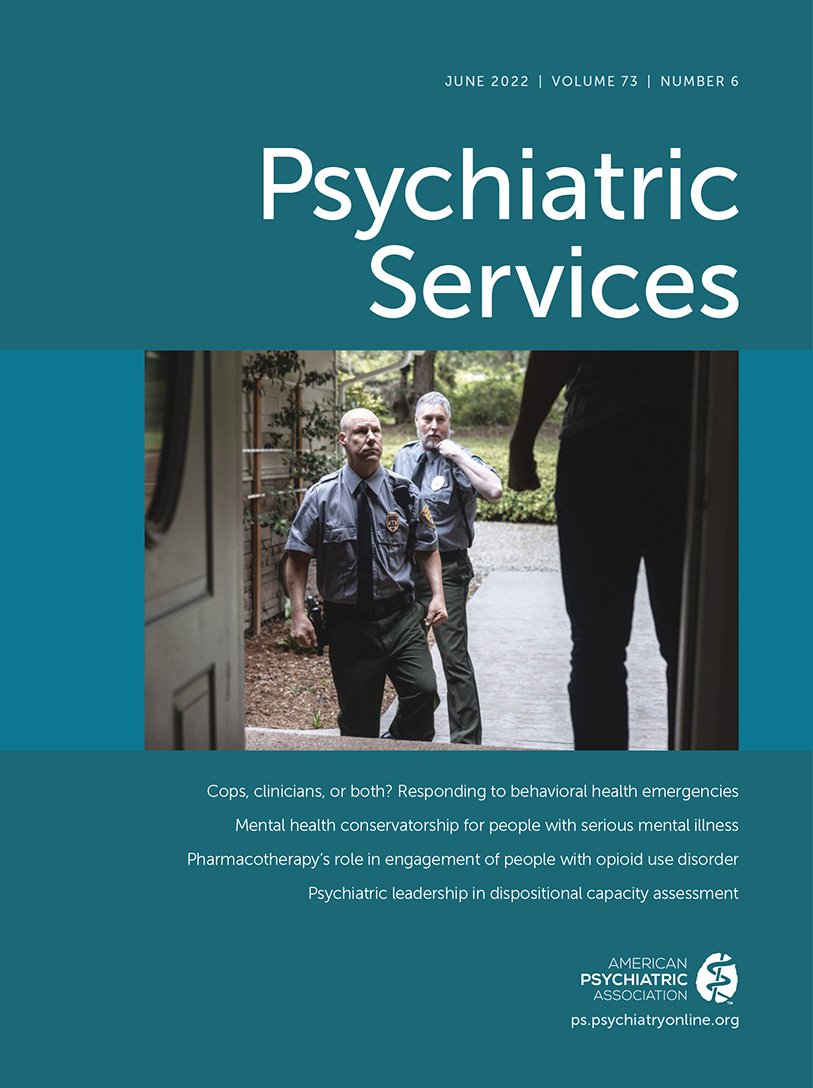A Randomized Controlled Trial Evaluating the Effectiveness of Supported Employment Integrated in Primary Care
Abstract
Objectives:
Mental health issues can cause serious problems in occupational functioning, including higher rates of unemployment. Individual placement and support (IPS) is an evidence-based supported employment intervention that is typically integrated within a mental health setting; however, many primary care patients view referral to a mental health clinic as stigmatizing. Thus, this study examined whether delivery of IPS in a primary care setting provides an effective treatment option and avoids unnecessary delays in obtaining competitive employment.
Methods:
U.S. military veterans (N=119) who had a diagnosis in a broad range of nonpsychotic psychiatric disorders and who were receiving care from Veterans Health Administration (VHA) patient-aligned care teams were prospectively randomly assigned to IPS (N=58) or standard VHA non-IPS vocational rehabilitation (VR) (N=61). The primary outcome was achievement of steady worker status, defined as holding a competitive job for ≥6 months of the 12-month follow-up.
Results:
As hypothesized, a significantly greater proportion of IPS participants achieved steady worker status (45%), compared with VR participants (25%) (p=0.02; odds ratio=2.49, 95% confidence interval=1.14–5.43). On average, the IPS participants worked significantly more weeks (p=0.003) and earned significantly more income (p=0.033) from competitive jobs, compared with VR participants.
Conclusions:
The results provide supporting evidence for offering IPS within primary care with the aim of restoring meaningful and sustained competitive employment for veterans living with a mental disorder. Such modifications could improve veterans’ vocational outcomes, moving a significantly greater number of disabled veterans back to full and productive lives in the community.



